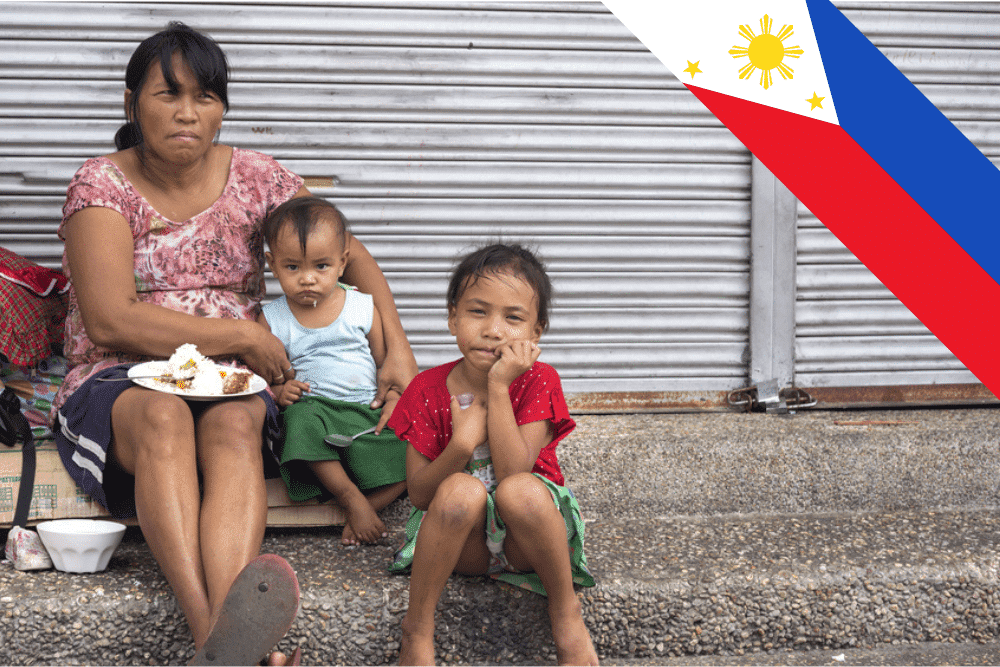The United Nations Population Agency’s (UNFPA) 2024 State of World Population Report serves as a poignant reminder of the enduring obstacles faced by Filipino women in accessing sexual and reproductive health and rights, despite incremental progress over the past three decades.
Upholding Commitments from the International Conference on Population and Development (ICPD)
The report was released in conjunction with the 30th anniversary of the International Conference on Population and Development (ICPD) in 1994. The pledge is to prioritise sexual and reproductive health and rights in sustainable development agendas. However, translating these commitments into tangible improvements in healthcare access remains an ongoing challenge, particularly for marginalised communities.
Persistent Inequalities and Challenges
Globally, women and girls from marginalised backgrounds, ethnic minorities, and conflict-affected regions bear a disproportionate burden of inadequate healthcare. Unfortunately, this results in higher rates of maternal mortality. In the Philippines, challenges persist despite commendable strides. There has been a 30% increase in prenatal care since 1994 and a notable reduction in the unmet need for family planning. Alarmingly, maternal mortality rates remain high, with 144 maternal deaths reported per 1,000 mothers. Moreover, adolescents encounter significant barriers to accessing sexual and reproductive health services. This can be attributed to cultural taboos and the requirement for parental consent, perpetuating inequalities in healthcare access.
Advances and Ongoing Struggles
Legislative strides, such as the enactment of the Responsible Parenthood and Reproductive Health Act of 2012, have undoubtedly improved access to family planning services. It particularly targets economically disadvantaged populations. However, the full implementation of these laws faces hurdles. The challenge is the disparities in healthcare access persisting across different regions and socioeconomic strata. Bridging these gaps requires concerted efforts from policymakers, healthcare providers, and civil society organisations to ensure equitable access to sexual and reproductive healthcare services for all.
A Call for Action and Commitment
Dr. Leila Joudane, UNFPA Philippine Representative, underscores the widening disparities and growing resistance against the rights of women, girls, and gender-diverse individuals. She underscores the necessity of ongoing advocacy and proactive measures to uphold the pledges made in Cairo three decades ago. Dr. Aleksandar Sasha Bodiroza, UNFPA Deputy Regional Director for Asia and Pacific, echoes this sentiment. She emphasises the urgency of addressing persistent challenges. There has been progress made towards correcting these. However, millions of women and girls continue to face significant barriers to their sexual and reproductive health and rights.
Urgent Need for Collective Action
Gabriela Party-list Rep. Arlene Brosas highlights the importance of legislative action to bridge policy gaps and ensure the effective implementation of existing laws. However, she acknowledges that significant disparities persist, demanding urgent attention and combined efforts from all stakeholders. Collaborative endeavours between government agencies, civil society organisations, and local communities are essential to address systemic challenges and promote gender equality in healthcare access.
Moving Forward
As the journey towards ending inequalities in sexual and reproductive health and rights continues, unwavering commitment and collective action are paramount. It is imperative to prioritise the needs of marginalised communities, amplify the voices of women and girls, and foster partnerships. This is to create an enabling environment for comprehensive sexual and reproductive healthcare services. By working together, overcoming existing barriers and ensuring that everyone, regardless of gender or background, can live a life of dignity, health, and fulfilment.

